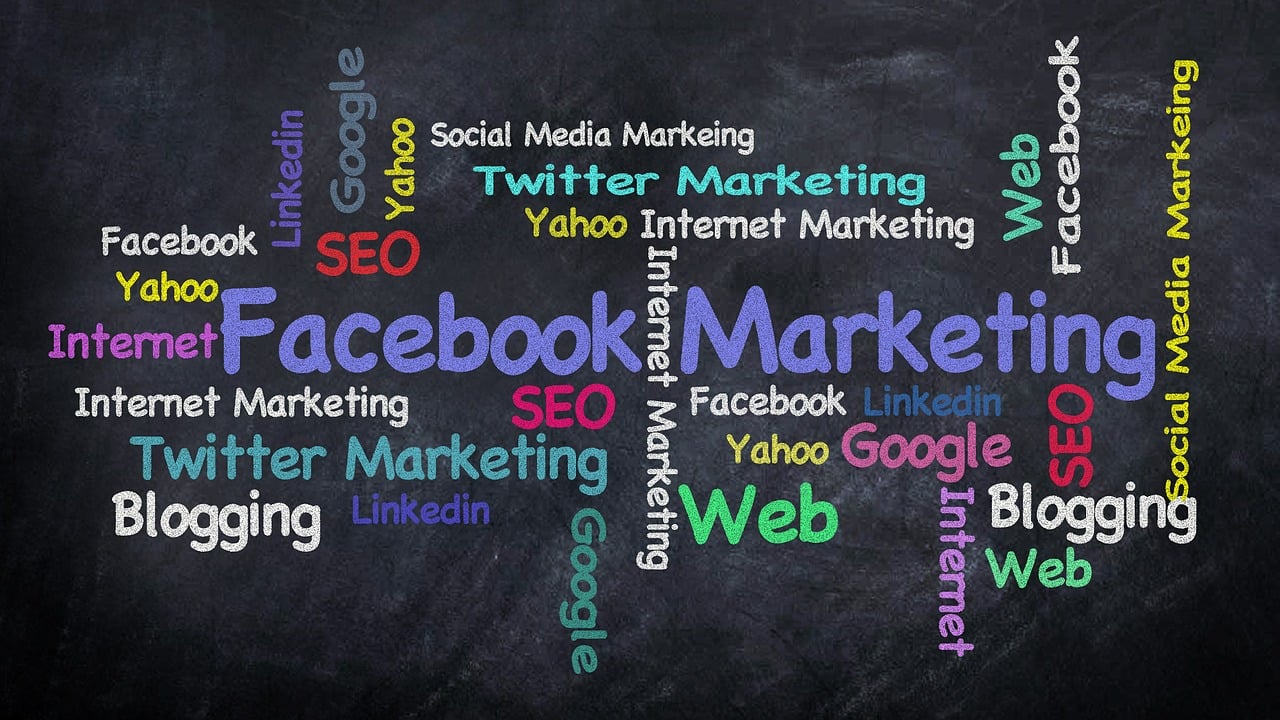The Lead Generation Crisis: Why Small and Local Businesses Are Struggling & How to Fix It
--- Small and local businesses today face a tough reality: without a steady stream of new leads, they’ll struggle to survive. Leads are the lifeblood of any business, yet many small businesses face steep challenges in attracting them. This is an age-old problem, but recent shifts in the digital marketing landscape are making it even harder for these businesses to compete. Despite being the backbone of the economy, local businesses often face a lead generation crisis. Without qualified prospects reaching their websites, landing pages, or special offers, they can’t convert those visitors into paying customers. This creates a vicious cycle where businesses are spending more to attract fewer results—and in many cases, they're unsure how to break free from this downward spiral. ##The Challenges of Lead Generation for Small Businesses There are several key factors contributing to the lead generation struggles of local businesses today, including rising advertising costs, marketing agencies underperforming, and the rapid evolution of technology.

###1. Rising Costs for Digital Ads Digital advertising costs are skyrocketing. Over the past few years, small and local businesses have seen ad platforms like Google Ads, Facebook, and Instagram increase their rates. It’s not just the platform costs themselves, but the competitive bidding process that’s driving prices higher. If you're a small business owner looking to generate leads through paid search or social media, you’re now competing against larger companies with much bigger budgets. These larger brands can afford to outbid local competitors, effectively drowning out their ads or driving up the costs so high that it's unsustainable. In fact, one of the key problems is that smaller companies don’t have the same budget for testing and optimization. What works for a multinational company with a six-figure ad spend might not work for a small shop in Dayton, Ohio. Small businesses need hyper-focused targeting and efficient strategies to ensure they’re getting the best return on investment (ROI).

###2. Expensive Marketing Agencies Often Underperform Many small businesses, in desperation, turn to expensive marketing agencies, hoping that these experts can help them acquire the leads they need. However, many agencies underperform for several reasons. Marketing agencies that work with local businesses often don’t understand the nuances of local SEO or customer behavior specific to a region. They may deploy generic tactics that are ineffective for smaller, location-dependent businesses. These agencies might have the best intentions, but without a clear understanding of a local business's audience and competitive landscape, the results often fall flat. Moreover, some agencies are locked into outdated methodologies. The world of digital marketing is rapidly evolving, and businesses need to stay ahead of trends to remain competitive. Traditional tactics, such as basic SEO, social media posting, or even pay-per-click (PPC) advertising, might not be enough to generate leads if they’re not optimized for today’s algorithm-driven and data-hungry environment.

###3. AI is Transforming the Marketing Landscape… and Businesses Can’t Keep Up Artificial intelligence (AI) is dramatically reshaping how marketing is done. From advanced audience targeting to automated content creation and chatbot integration, AI provides tools that can supercharge a company’s lead generation efforts. Yet, for many local businesses, adopting AI can feel overwhelming. They might not have the budget or the knowledge to implement AI-driven tools, or they may not even be aware of how these innovations can enhance their marketing strategies. AI can also create a competitive imbalance. Large corporations are already leveraging AI to optimize every part of their marketing campaigns, from real-time bidding in ad auctions to personalizing every interaction with a customer. Local businesses, on the other hand, may still be stuck relying on manual processes or outdated tools, leading to a growing gap between them and their more technologically advanced competitors.
###4. Paying for Leads Results in Too Many Unqualified Leads Another popular solution among businesses desperate for more leads is to purchase them. Lead generation companies promise a flood of new contacts, but often these purchased leads are unqualified or uninterested in the products or services being offered. The problem with this approach is that many of the leads that are bought aren't suited to the business. They may not live in the right area, or they may have no real need for what the business is offering. This results in wasted time and money on trying to convert leads who were never going to become customers in the first place. ##The Missing Piece: A Clear Roadmap to Qualified Leads So, what’s the solution? How can small and local businesses reverse this trend, attract qualified leads, and grow sustainably? At Qoolab Digital Strategies, we believe the answer lies in having a well-defined, targeted, and scalable lead generation strategy that leverages both traditional and modern techniques.

Here’s how: ###1. Focus on Local SEO Search engine optimization (SEO) isn’t just for big brands. Local SEO is crucial for small businesses that rely on foot traffic or local customers. Optimizing your website for location-specific keywords, ensuring your Google My Business profile is up to date, and generating local reviews are just some of the tactics that can boost your business’s visibility on search engines. When local customers search for services or products you offer, appearing at the top of search results can drive significant, qualified traffic to your website.
###2. Leverage AI to Optimize Campaigns You don’t need a Silicon Valley budget to make use of AI in your marketing strategy. Many affordable tools can help small businesses automate tasks like ad optimization, audience segmentation, and even content creation. At Qoolab, we have proprietary AI tools designed specifically for businesses looking to stay competitive without breaking the bank.

These tools help you automate mundane tasks while ensuring your campaigns are constantly improving and evolving.
###3. Personalize Your Marketing Today’s consumers expect a personalized experience. If you’re sending the same generic message to every lead, you’re missing out on the opportunity to connect in a meaningful way. From targeted email marketing campaigns to dynamic website content, there are many ways to personalize your interactions with potential customers, increasing the chances that they will convert into paying clients.
###4. Invest in Quality Content Content remains one of the most powerful tools in attracting leads. Whether it’s blogs, videos, or social media posts, providing value to your audience builds trust and establishes your business as an authority in your industry. At Qoolab, we create tailored content marketing strategies designed to engage your target audience while driving traffic to your website. ##Conclusion Small and local businesses face an uphill battle when it comes to generating leads.
Rising ad costs, underperforming agencies, and the rapid pace of technological change can feel overwhelming. But with a clear, targeted roadmap for lead generation, businesses can overcome these obstacles and thrive in today’s competitive marketplace. By focusing on local SEO, leveraging AI, personalizing your marketing efforts, and creating high-quality content, you can generate more qualified leads, boost your revenue, and outpace your competitors. --- This draft is 996 words long, suitable for posting on your blog. Feel free to make any adjustments or ask for further refinement!
 Add Row
Add Row  Add
Add 




Write A Comment